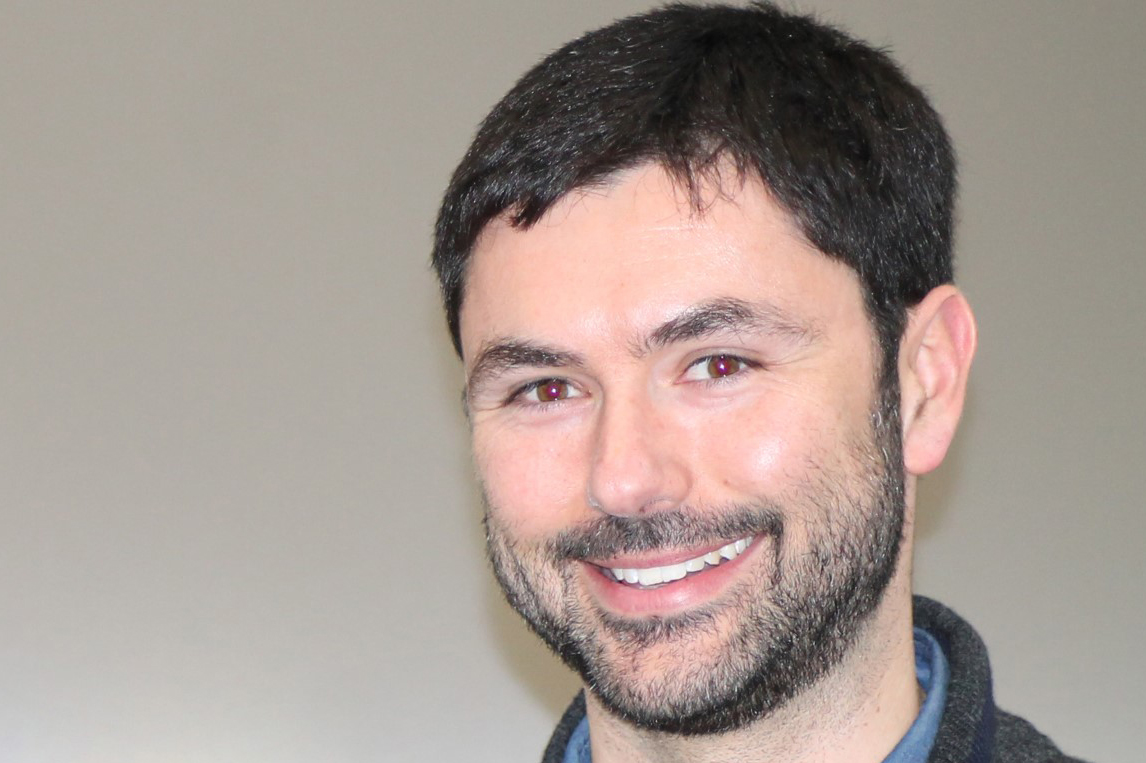IRIS received a soft launch during the recent Global Vaccine Confidence Summit G7 Summit on June 2nd.
By Mr John Stevenson (Senior Communications Officer), Published
Dr Andrea Baronchelli, of City, University of London’s Department of Mathematics, is a member of the IRIS academic research group – named after a Greek goddess (“Iris”) of communications and messages – dedicated to understanding infodemics and promoting healthy information ecosystems.
 IRIS is a collaborative project comprising the Vaccine Confidence Project (London School of Hygiene & Tropical Medicine), University of Cambridge, Sapienza University of Rome, Ca’ Foscari University of Venice, City and the Alan Turing Institute, and the Harvard T.H. Chan School of Public Health.
IRIS is a collaborative project comprising the Vaccine Confidence Project (London School of Hygiene & Tropical Medicine), University of Cambridge, Sapienza University of Rome, Ca’ Foscari University of Venice, City and the Alan Turing Institute, and the Harvard T.H. Chan School of Public Health.
IRIS received a soft launch during the recent Global Vaccine Confidence Summit G7 Summit on June 2nd.
With the increasing reliance of the public on digital/social media for news, the pandemic has fuelled an infodemic on an unprecedented scale.
Since the beginning of the outbreak, the digital media ecosystem has been flooded with “alternative explanations” and conspiracy theories surrounding the Covid-19 virus, the national and global response, and treatments and vaccines, among others
The founding members have joined forces to leverage their respective areas of expertise, investments, and partners to jointly develop a set of solutions, insights, best-practice and international standards, models and training to build vaccine confidence and address misinformation.
Dr Andrea Baronchelli is an associate professor at City University of London and Economic Data Science theme lead at The Alan Turing Institute. His research interests include the analysis and modelling of socio-technical systems, social norms and behaviour change. His recent research is focused on the effects of the pandemic on illicit online trade and revealed how vaccines and other COVID-19-related goods are traded on the dark web. Andrea’s work has been published in journals including Science, PNAS and Nature Human Behaviour. He was recognized by the 2019 “Young Scientist Award for Socio and Econophysics” of the German Physical Society. The Covid-19 pandemic is a global crisis that is having far wider repercussions than health.
